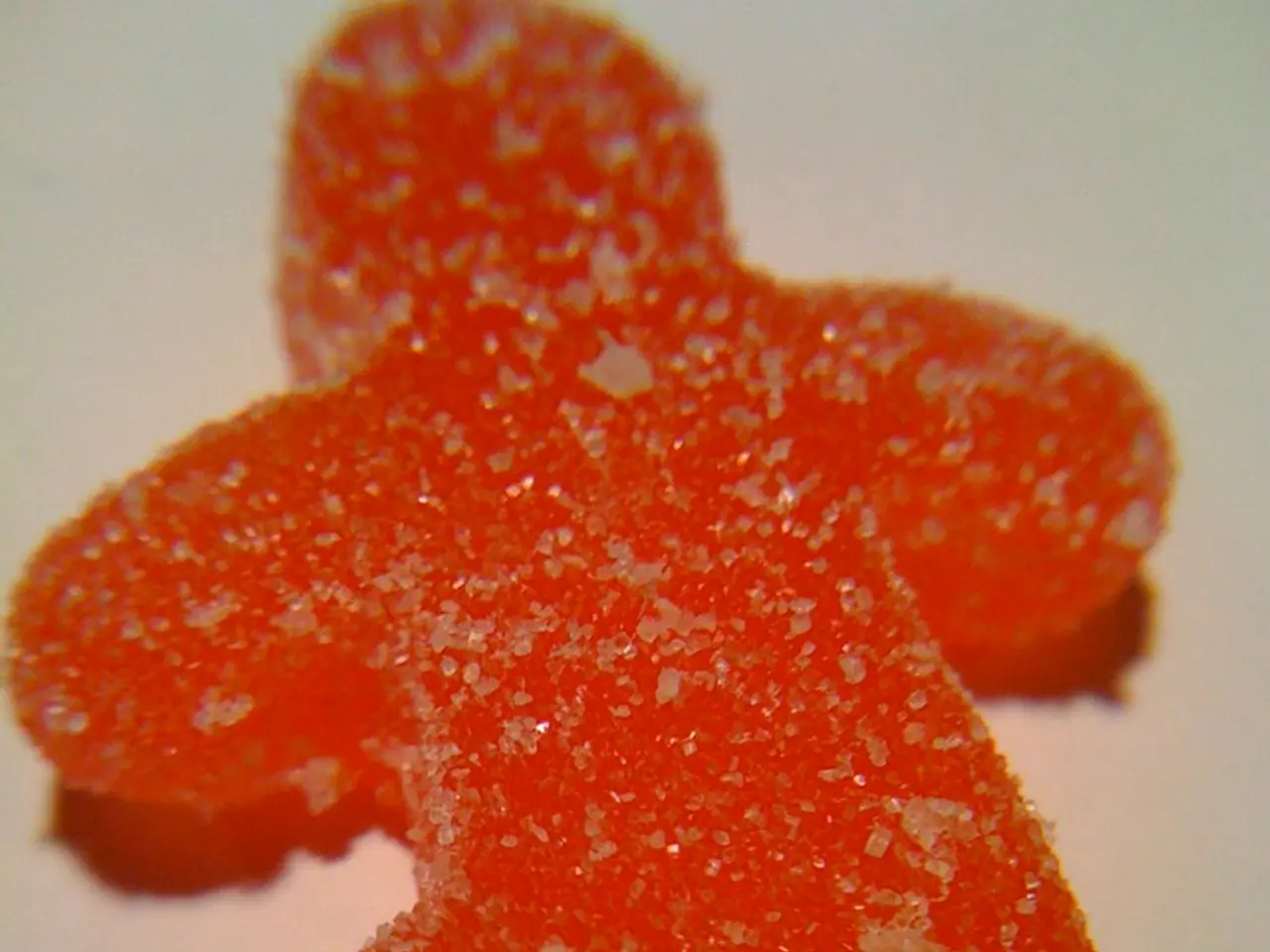Diet soda consumption linked to elevated health risk, as per recent study findings.
A new study has found that consuming artificially sweetened soft drinks like Diet Coke, Pepsi Max, or Zero Sugar Solo on a daily basis may significantly increase the risk of developing type 2 diabetes.
The study, conducted by a team from Monash University, RMIT University, and the Cancer Council Victoria, followed over 36,000 Australian adults for nearly 14 years. The findings suggest a need to rethink current public health strategies, possibly broadening the discussion to reduce population-level intake of all harmful beverages, regardless of whether they're sweetened with sugar or synthetic alternatives.
According to Diabetes Australia, type 2 diabetes usually develops in adults over 45, but is increasingly occurring in younger age groups. This chronic condition, where the body either can't properly use insulin or doesn't produce enough of it, can damage the eyes, kidneys, nerves, and heart, and lead to serious complications like kidney failure, vision loss, and heart disease.
The study found that just one can of artificially sweetened soft drink per day over many years correlated with a 38% higher incidence of type 2 diabetes, compared to infrequent consumers. This risk is higher than those opting for classic full-sugar options, which were linked to a 23% rise in the risk of developing type 2 diabetes.
The connection between diet soft drinks and type 2 diabetes remained strong even after factoring in body weight, suggesting that these drinks might directly affect how metabolism works. The study challenges the common belief that artificially sweetened drinks are a better option for reducing the risk of type 2 diabetes.
The study's senior author, Professor Barbora de Courten, a specialist physician at the Department of Diabetes & Vascular Medicine, stated that the findings highlight the potential health risks associated with artificial sweeteners.
While the exact mechanisms are not yet fully understood, the study suggests that artificial sweeteners may disrupt gut microbiota, leading to impaired glucose tolerance, a precursor to diabetes. Some sweeteners might trigger insulin release or desensitize metabolic responses, confusing the body’s glucose regulation. The intense sweetness without calories could also alter appetite regulation and metabolic pathways.
Although causation is not definitively proven, accumulating evidence challenges the assumption that artificial sweeteners are a safe alternative to sugar for diabetes prevention. Health authorities caution about long-term consumption of artificial sweeteners, especially for those at risk of type 2 diabetes, recommending water as the preferred beverage.
In conclusion, regular intake of artificially sweetened soft drinks may carry health risks related to glucose metabolism and diabetes development, potentially via impacts on gut health and insulin regulation rather than just calorie content or weight gain. It is recommended to limit or avoid the consumption of these beverages, especially for those at risk of type 2 diabetes.
- The study suggests a need to rethink public health strategies to reduce the population-level intake of harmful beverages, including artificially sweetened soft drinks, due to their potential link to the development of type 2 diabetes.
- The findings from the study indicate that just one can of artificially sweetened soft drink per day may increase the incidence of type 2 diabetes by 38%, compared to infrequent consumers, making it a health concern, especially for those at risk of chronic diseases.
- In contrast to the common belief, the study challenges the assumption that artificial sweeteners are a better option for reducing the risk of type 2 diabetes and questions their safety, potentially due to their effects on gut microbiota, glucose tolerance, and insulin regulation.
- The study highlights the potential health risks associated with artificial sweeteners, such as their impact on glucose metabolism and diabetes development, and recommends limiting or avoiding their consumption, particularly for those at risk of type 2 diabetes and those following a diabetes-focused lifestyle and nutrition plan.
- To maintain good health and wellness, it is advisable to avoid artificial sweeteners and opt for healthier choices, such as water, in line with fitness and exercise routines and a balanced diet focused on nutrition and health.




